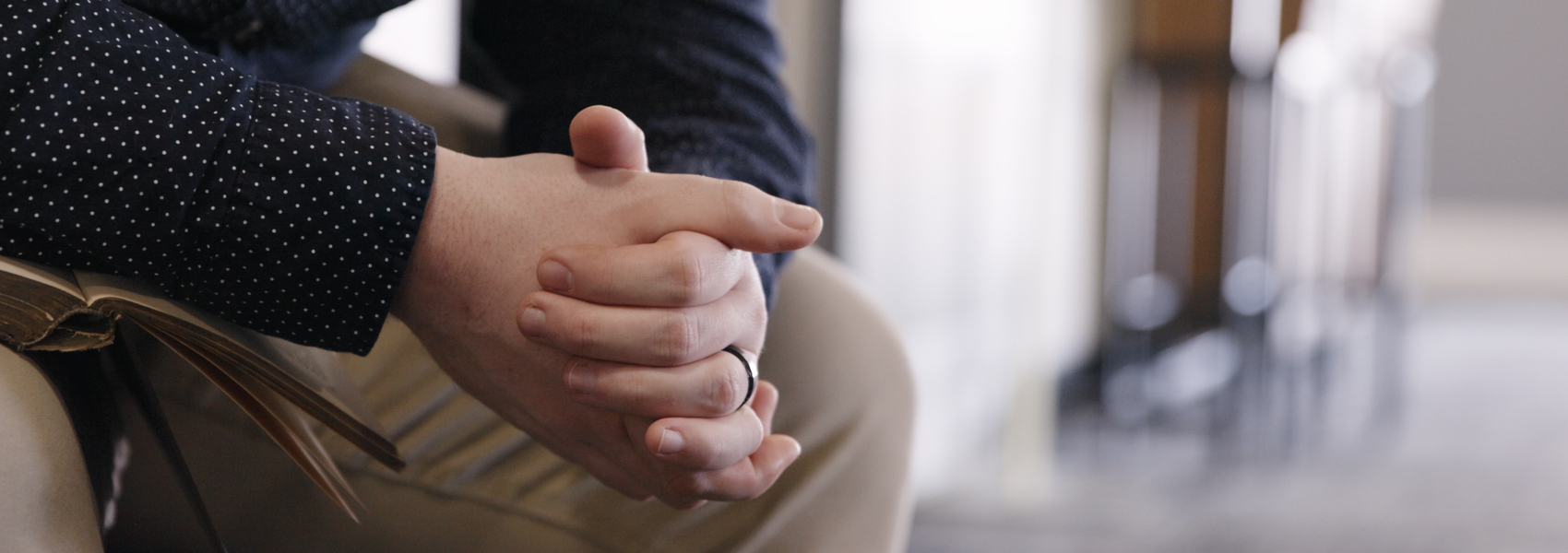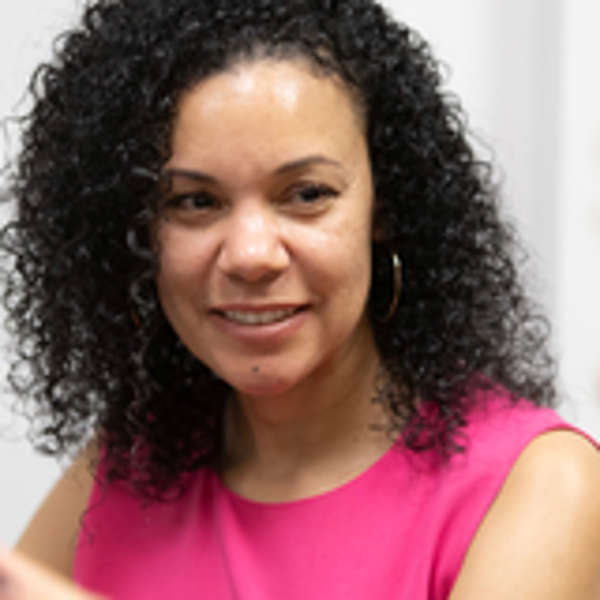Faith for the long journey
Emotion alone is not enough to sustain adoptive parents’ good intentions
Daryl Britton, Bethany Chaplain, Adoptive and Foster Parent

Whenever children are in danger or in need, our response is often emotionally charged. Our hearts are drawn to pleas from church pulpits, pictures of children abandoned in orphanages, news about the ongoing refugee crisis, and stories of hurting kids in our own communities.
The hardships children face worldwide are overwhelming.
Emotions play such a key role because children’s well-being, futures, and very lives are at stake. The knowledge that we can personally make a life-altering difference in their lives understandably pulls at our heartstrings.
But emotion alone is not enough to sustain adoptive parents’ good intentions for the long haul.
Emotional responses
My wife, Dorothy, and I were empty nesters with two biological children in college. One day my son remarked, “You did a pretty good job raising us, and you have this big house. Maybe you should think about doing foster care or adopting.” It’s hard to admit that as a pastor I knew very little about the child welfare system, but I think God used our son’s words to open our hearts and minds to the possibility.
It wasn’t long before we saw an article in our local paper, complete with a photo. A sibling group of older children in foster care wanted to be adopted into a Christian family. I melted on the spot. We're Christians, I thought. How can we NOT respond?
Our heartstrings tugged; we believed our emotional response was a sure sign God wanted us to take action. So we entered the world of adoption—albeit ill-prepared. We were largely untrained and incredibly naïve about the needs of older children.
The children in the article were placed with us, and we entered a two-year battle with the child welfare system, but adoption wasn’t to be. Over the next several years, Dorothy and I fostered 16 children, eventually adopting two. In that time, it became clear that our emotional desire to “help children” wasn’t enough to undo the trauma they had experienced, and we soon realized we were not the only ones struggling through adoption challenges.
When people learn I am a chaplain at Bethany, they often want to tell me their adoption story. I sense their love and passion as they relate their personal experience, and I ask how things are going now or how things turned out. Many people have wonderful stories to share and a great sense of fulfillment and joy that far outweighs any problems or pain. But many do not have such stories.
As prospective parents, what if you’d known:
- You would have sleepless nights.
- You would experience intense emotional pain.
- Your heart would be broken.
- Your child would walk out of your home one day—too young, too soon, and too unprepared.
- You would pour out your love without signs of affection or care in return.
- There are no guarantees things will turn out the way you hope—no matter how well you love, teach, provide, nurture, encourage, or pray.
- This would be the hardest thing you’d ever do.
Any parent could face these risks—whether the child is biological, was adopted, or is in foster care—but few adoptive parents believe it could happen to them.
Realistic expectations
When adoptive parents tell me painful stories, I often wonder if they were prepared for adoption’s potential difficulties and disappointments—I know we weren’t—and I wonder what their expectations were going into the process.
Foster and adoptive parents often get involved because we have big hearts, but our expectations aren’t always realistic. We may assume if we do certain things, we can and should anticipate certain outcomes from our children. If we encourage education in our home, for instance, our kids will go on to college and succeed. Or if we live out our faith, our kids will follow our example and share our values.
Of all the painful things we have encountered in our lives, nothing has been more difficult for Dorothy and me than being foster and adoptive parents. I didn’t expect I’d come home from work to find police cars in our driveway. I didn’t expect to stand before a judge, pleading for justice for one of our kids who had been terribly hurt. I didn’t expect our children to embrace a set of values different from our own. The emotional pain takes a toll.
Recently I talked with an adoptive father who, along with his wife, worked to provide a safe, comfortable, and loving home for their daughter. But when she turned 17, she chose to leave their home and venture out on her own; so far she has not returned. Sadly, I have heard similar stories.
I’m not sure any amount of training could adequately prepare adoptive parents for that kind of heartbreak, but we need to be honest about the possibility.
When Dorothy and I became foster and adoptive parents, we did not fully understand the myriad challenges so many children face in their young lives or how trauma can ravage a child’s development. Our kids came into our family with different and often traumatic life experiences I could never begin to relate to, although I tried to understand.
When we adopt children we also adopt their past trauma. We have the privilege and responsibility of entering into those hard places with them and helping them find their way through it.
While I work toward fulfilling my parental responsibilities, I have to surrender the outcomes completely to God. The key question isn’t what I personally want for my children, but rather, What does God want to do in their lives? There are no guarantees when raising children, and I've learned to let go of some of my expectations and love my children no matter what.
Total dependency
We know placing children in loving homes can positively impact their lives in many ways. But God also uses it to transform us as parents. It is humbling to see our weaknesses and shortcomings revealed. God used my experience to grow me and make me the person he wants me to be.
We weren’t far into our adoption journey when I realized how little control we had over our children or their behavior. There were times I felt helpless—powerless. But then I began to think, Isn’t that a good thing when I realize I am totally dependent on God? Isn’t it good to stop relying on my strength and start running to him for help? Isn’t that what he wants from me?
The words of John 15:5 became real to me: “Apart from me you can do nothing.” God can give us strength and courage to endure during the most challenging times, but we must trust him.
This realization, instead of making us feel hopeless, drove Dorothy and me to a new level of dependency on God and his wisdom, his strength, his timing, and his will instead of our own abilities. I thought my parenting could radically transform my children’s lives, but I’d overlooked the truth that my life needed transformation too, perhaps most of all.
We grieve for children who suffer the effects of trauma, and we rejoice with children who find permanency with a loving family. Emotion still has its place. But experience has taught us that a decision to adopt must be rooted in something deeper. It should be highly informed, carefully thought, prayed over, and God-directed.
Eighteen years after Dorothy and I responded to that newspaper article, our hearts are still engaged with children. And we’re now enjoying nine wonderful grandchildren. Our emotional response to children’s needs is no longer naïve. Instead, it’s grounded in time, experience, dependency, and confidence that the One who sets the lonely in families will be faithful for the long journey.



